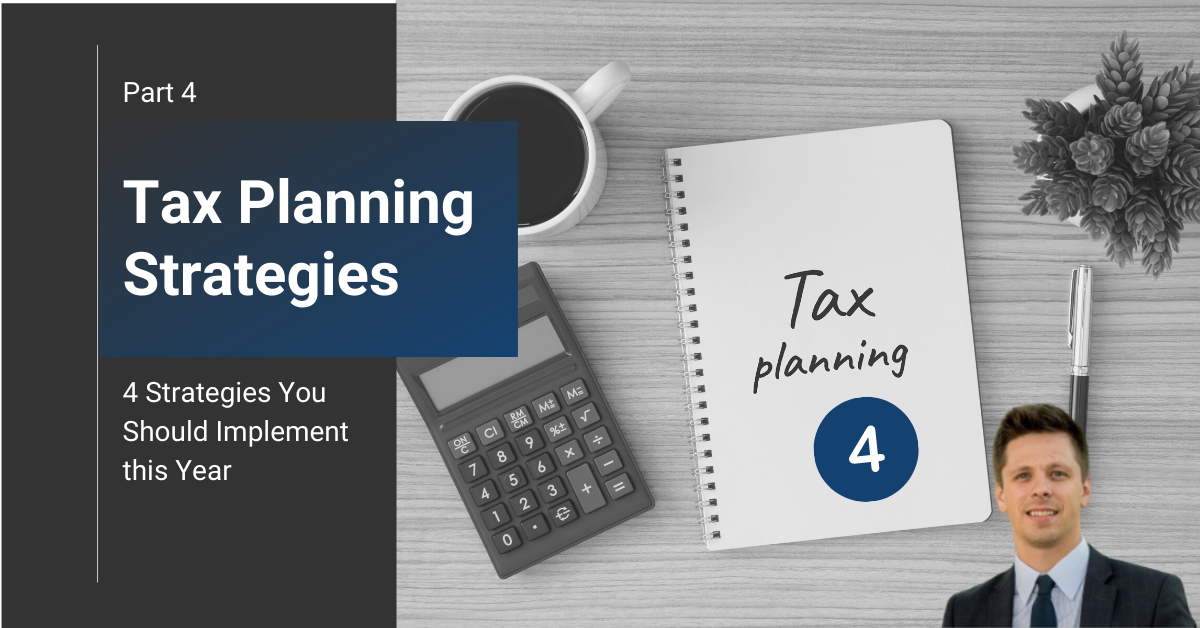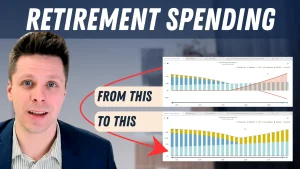[vc_row][vc_column][vc_column_text]
Wanda has been investing for a long time and is quite familiar with buying when prices are low and selling when prices are high.
Past non-registered account purchase
In 2010, she had purchased $100,000 of ABC Corp, and today, it’s worth $250,000. Wanda is now ready to sell her investment as she believes the stock has reached its peak. From a tax perspective, Wanda will need to deal with her capital gain of $150,000 ($250,000-$100,000) because she purchased ABC Corp in her non-registered account.
Thankfully for Wanda, there are tax advantages to generating capital gains. Based on today’s tax legislation, only 50%* of Wanda’s gain would be subject to tax. Even though Wanda made $150,000, she will only need to pay tax as if she made $75,000.
Let’s compare this to Bill, who is working and making $150,000 per year. Even though Bill had to wake up every morning to go to work, he will need to pay tax on his full salary.
Fair or not, let’s see how Wanda should deal with her $75,000 gain.
*Many speculate that the capital gains inclusion rate may increase to offset the extra government spending due to COVID-19. https://www.moneysense.ca/save/taxes/potential-tax-changes-due-to-covid-19/
Dealing with the capital gain
As we approach the end of the year, Wanda can reduce her tax bill even further.
To find out how to deal with a loss, check out last week’s year-end tax tip here
Between Wanda’s pension and government benefits, her income is $80,000 per year. If she were to sell her entire ABC Corp shares, she would generate a gain of $150,000, of which $75,000 would be taxable.
This would increase her 2020 income to $155,000 ($80,000 + $75,000), and her income in 2021 would be $80,000.
[/vc_column_text][vc_single_image image=”3621″ img_size=”large” alignment=”center” css=”.vc_custom_1607920376468{padding-top: 20px !important;padding-bottom: 20px !important;}”][vc_column_text]
Since we are so close to the end of the year, it would be more advantageous for Wanda to sell only half of her ABC Corp shares in 2020 and sell the remainder at the beginning of 2021.
If Wanda sells half her shares today, she would have a gain of $75,000, of which only 50% is taxable ($37,500). Her income for 2020 would increase to $117,500 ($80,000 + $75,000). Her income would also be the same in 2021 if she sold the remainder of the shares.
[/vc_column_text][vc_single_image image=”3622″ img_size=”large” alignment=”center” css=”.vc_custom_1607920353860{padding-top: 20px !important;padding-bottom: 20px !important;}”][vc_column_text]
By splitting her gain over two years, Wanda ends up paying just under $1,100 less in taxes. She also won’t have to pay the tax on her gains generated in 2021 until she files her tax return in April 2022. This keeps the money growing in her pocket rather than in CRA’s.
For more year-end tax tips, make sure to check out parts 1-3 here
[/vc_column_text][/vc_column][/vc_row]






